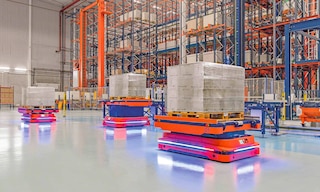
New dawn for chief technology officers
April 15, 2025Experts at McKinsey Technology highlight that companies now expect CIOs, CTOs, and CDIOs to turn the promise of tech into business value. Chief technology officers must take on the roles of orchestrators, builders, protectors, and operators to meet these expectations.



















